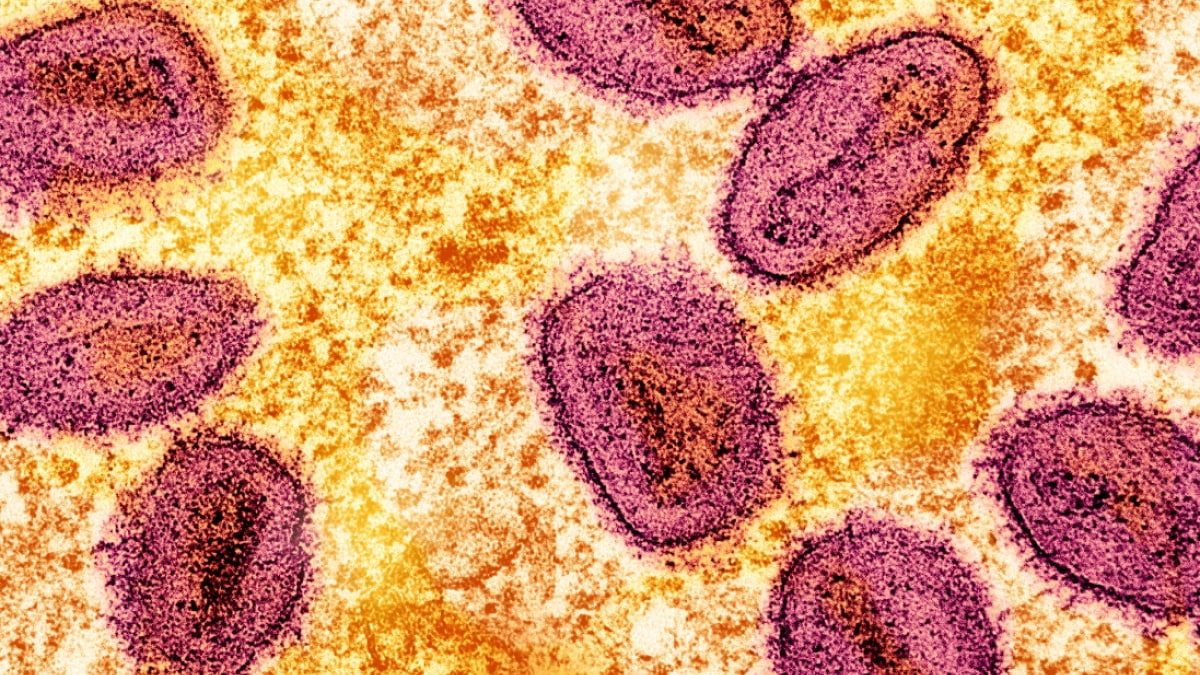Sweden has reported its first case of clade 1 mpox (previously known as monkeypox), a more severe variant of the virus, previously confined to Africa. This announcement follows the World Health Organization’s (WHO) declaration of the mpox outbreak in Africa as a global health emergency. Clade 1, in contrast to clade 2, which caused the global outbreak from 2022 to 2023, is known for higher mortality rates and has not been seen outside Africa until now.
Detection of Clade 1 Mpox in Sweden
On August 15, the Public Health Agency of Sweden confirmed the detection of clade 1 mpox in an individual receiving treatment in Stockholm. This person is believed to have contracted the virus during a recent visit to a region in Africa experiencing a significant outbreak. The detection of this more dangerous strain, which has previously been a major issue in countries like the Democratic Republic of the Congo (DRC), Burundi, and the Central African Republic, marks a new phase in the global spread of mpox.
Understanding the Risk and Response
Clade 1 mpox is known for its severe health impacts, with case-fatality rates ranging between 3% and 10%. This is a stark contrast to clade 2, which had much lower fatality rates during the 2022-2023 outbreak. Despite this, the Public Health Agency of Sweden has assured that the risk to the general population remains very low. They emphasized that while the new case does not necessitate additional infection control measures, the situation is being closely monitored.
Public Health Measures and Future Outlook
Sweden has previously managed around 300 cases of clade 2 mpox linked to the global outbreak. The country is prepared to use antiviral drugs and could consider employing a “ring” vaccination strategy to prevent further spread. The Public Health Agency is continuing to assess the need for new measures and is taking the outbreak of clade 1 mpox seriously.
Magnus Gisslén, the state epidemiologist for the Public Health Agency of Sweden, stated, “We are closely monitoring the outbreak and continuously assessing whether new measures are needed.” This proactive approach is crucial in managing the evolving situation and preventing further spread of this deadly virus.























